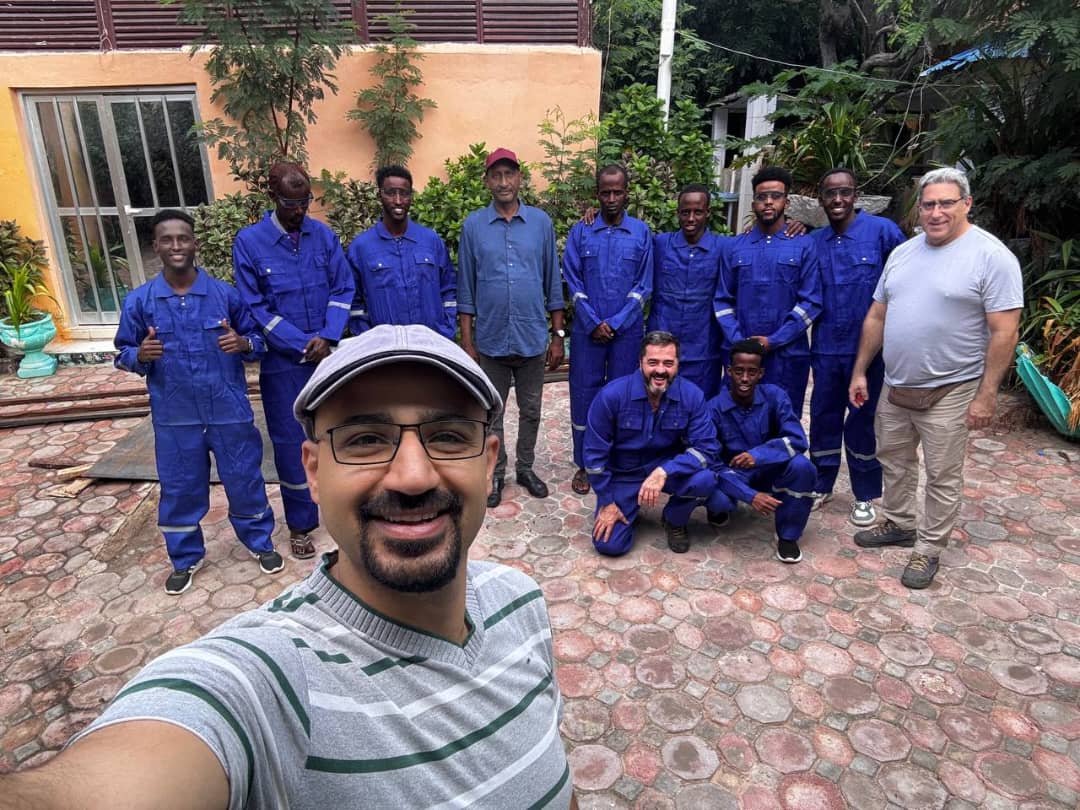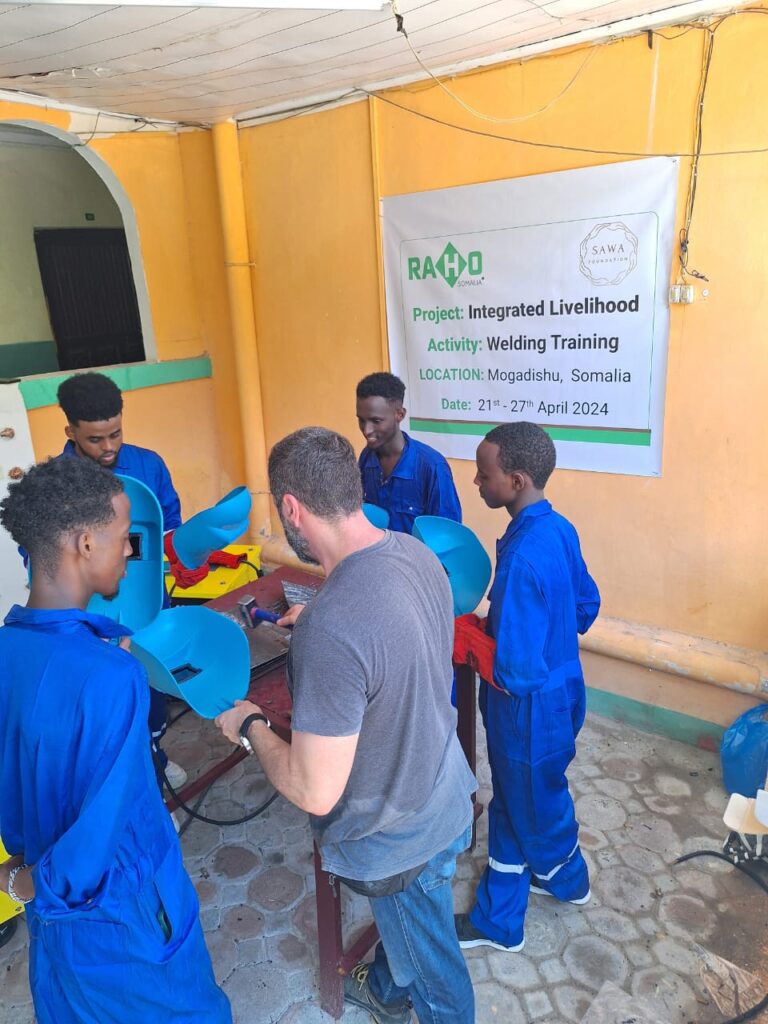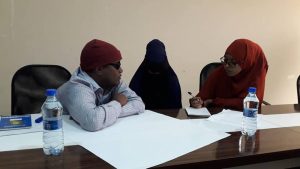Background: RAHO-Somalia’s collaboration with SAWA Foundation marks a significant step towards addressing the critical needs of internally displaced persons (IDPs) and urban poor households in Mogadishu. The project, set to commence in April 2024, is a testament to the power of partnership and shared vision in humanitarian efforts. By focusing on both immediate relief through food distribution and long-term empowerment via skill-building training, the initiative aims to create a sustainable impact on the community’s welfare.
Objective: The distribution of food to thirty vulnerable households was to provide immediate relief to those most affected by food insecurity, offering a lifeline during times of hardship. This act of kindness not only fulfills a basic human need but also conveys a message of hope and solidarity to the recipients. The selection of ten young individuals from these households for livelihood training is a strategic move to foster resilience and self-sufficiency. By equipping them with valuable skills, RAHO-Somalia and SAWA Foundation are investing in the future leaders and workforce of the community, ensuring that the benefits of the project extend beyond temporary aid.
Project Activities:
| Project Activity | Status |
| Relief food distribution for thirty (30) households | Completed by 30th March 2024Report shared |
| Welding Training for ten (10) young people selected from the target beneficiaries | Completed 1st phase on 28th April 2024On-going 2nd phase and to be completed by 30th May 2024 |
Activity 2 – Welding Training: The objective of this welding training was to develop a reliable and efficient welding skill suitable for the construction of a metal structure intended to be a marketable livelihood skill for selected project beneficiaries.
The project began with a comprehensive literature with the following topics:
- Welding is a valuable skill that involves joining metal parts together.
- There are several welding processes, with MIG, TIG, and Stick being the most common.
- Welding safety,
- Equipment setup,
- And fundamental techniques.
The results of the project indicated that the chosen welding method provided strong and durable joints, meeting the project’s strength and durability requirements. The trainees were subjected to non-destructive practical testing methods, such as metal cutting and joining metal parts.
In conclusion, the welding project achieved its goal of training selected beneficiaries on basic welding skill.



